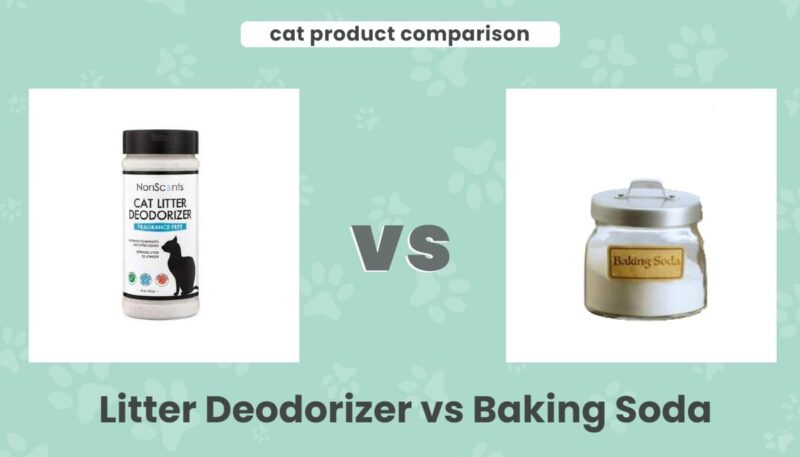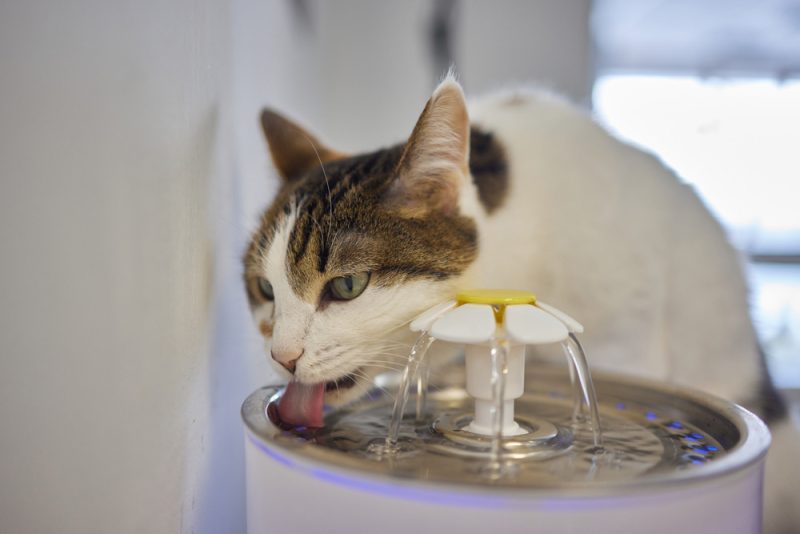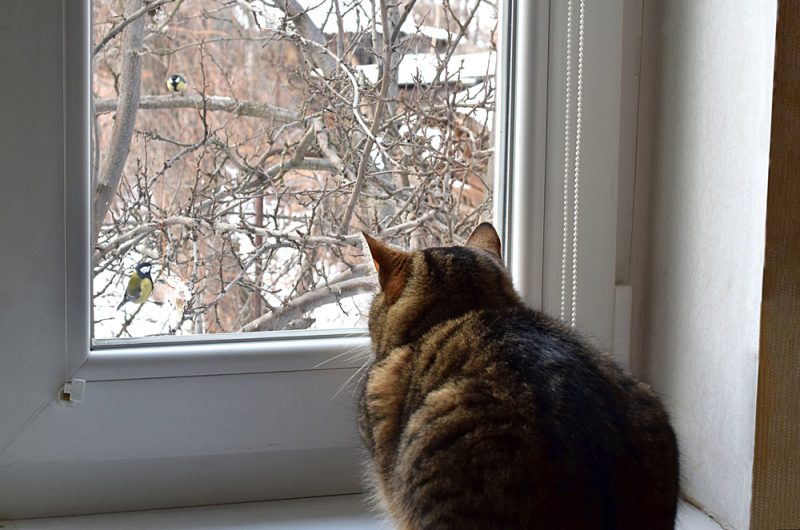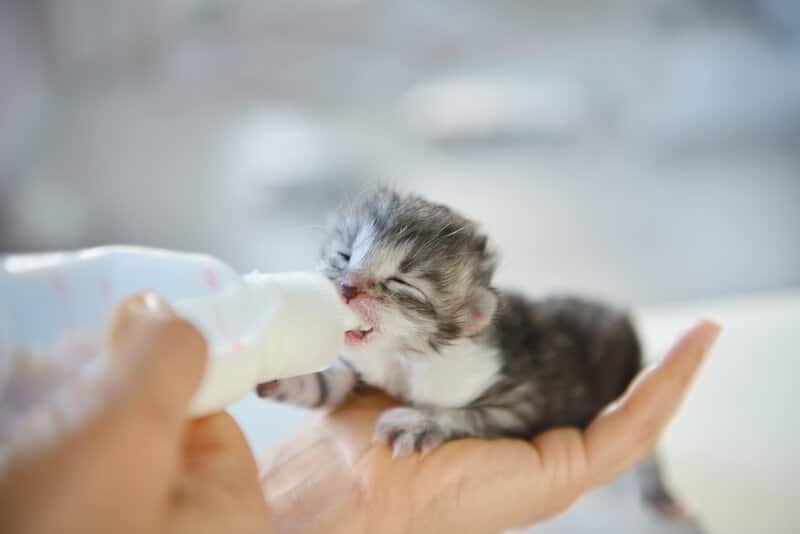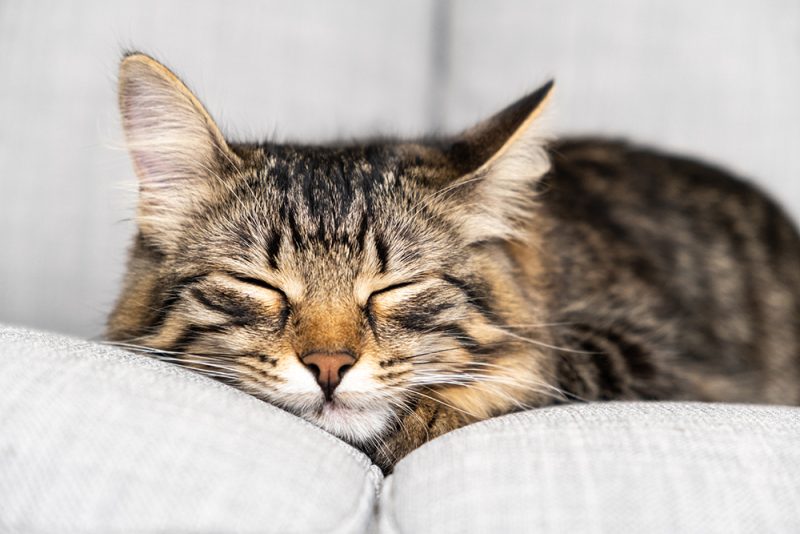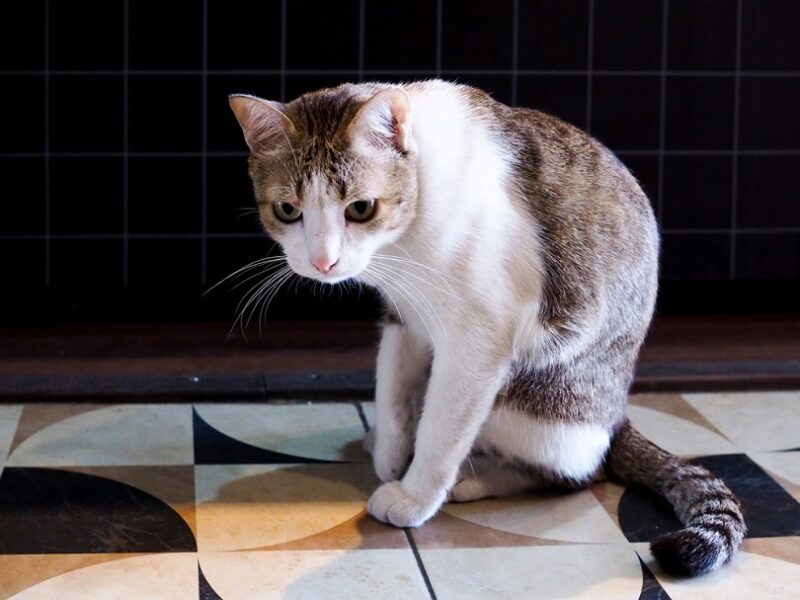In this article
View 2 More +While we love our kitties, we aren’t overly excited about the odors and mess they can leave behind. That’s where litter deodorizer and baking soda come into play. Both are readily available and can help eliminate the unwanted odor associated with our cats, their litter boxes, and the smelly urine they leave behind. The question is, which one is better?
Below, we’ll take a look at litter deodorizers and baking soda to give you the pros, the cons, and our final verdict on each. Hopefully, in the end, you’ll be able to control the odors in your kitty’s litter box.

Overview of Litter Deodorizer:
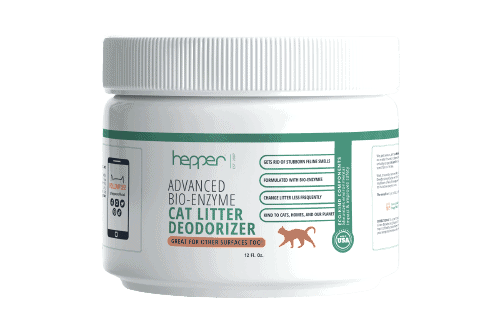
Even the best cat litter can quickly start smelling bad. To avoid the expense and inconvenience of constantly replacing your litter, you can try a great additive like Hepper’s Advanced Bio-Enzyme Cat Litter Deodorizer, which is a natural product that uses bio-enzymes to neutralize odors.
Litter deodorizers are a go-to for many cat owners because they target litter box odors. Let’s take a deeper look at litter deodorizers so you can understand what they provide to you and your kitty.
At Catster, we’ve admired Hepper for many years and decided to take a controlling ownership interest so that we could benefit from the outstanding designs of this cool cat company!
How Litter Deodorizers Work
A litter deodorizer has an absorbent base powder. More often than not, the base powder is baking soda. It absorbs the odor caused by your cat’s urine. It even eliminates the odors that linger in the air. The most significant difference between using litter deodorizers and plain baking soda is the scent. Many of the deodorizers on the market include scent crystals or fragrances that release each time your cat decides to scratch inside the box.

When Should I Use Litter Deodorizer?
Although litter deodorizers and baking soda work the same way, if you want a pleasant scent around your litter box, you may prefer using a litter deodorizer. The fragrance crystals are ideal for multi-cat homes. You’ll also notice that litter deodorizers are much easier to work with. They aren’t as fine as baking soda and make less of a mess.
Are There Downsides?
While litter deodorizers are excellent for most cat owners, there are a few downsides. Unfortunately, not every cat and owner will enjoy the deodorizers’ strong fragrances. It is also important to note that some deodorizers use essential oils, which can be dangerous if used for extended periods.
- Easy to use
- Less mess
- Leaves boxes smelling fresh
- Fragrances may be too strong
- Some brands use essential oils

Overview of Baking Soda:

Baking soda is one of the most common substances for controlling odors. It removes unwanted odors in carpets, fridges, and litter boxes. It is even safe enough to cook with.
How Baking Soda Works
Baking soda has disinfecting abilities, is used in food, and is used in most toothpastes. When it comes to eliminating odors, it can’t be beaten. With a sprinkle of powder, you can refresh a room without leaving strong fragrances behind.
The biggest difference between baking soda and litter deodorizers is the fragrance. For pets and owners who aren’t fans of fragrances, baking soda is ideal to add to the litter box.
When Should I Use Baking Soda
Baking soda is safe to use at any time. If your kitty’s box smells foul, a few shakes of the low-cost option can quickly eliminate the odors. You can also safely use baking soda to remove vomit and urine stains on carpeting. Baking soda is a favorite of cat lovers due to its low price and availability.

Are There Downsides?
The only true downside of baking soda is the lack of fragrance. If you want a fresh scent to linger in the litter box, using litter deodorizers is ideal. Baking soda is a natural way to eliminate odors and not leave fragrances behind.
- Common around the house
- Inexpensive
- Easy to use
- Leaves no fragrances behind
- Does not use fragrances (if that’s what you want)

Benefits of Litter Deodorizer and Baking Soda
- Available in powders and sprays
- Often comes with fragrances
- Less mess
- Common around the house
- Safe to use anywhere
- Eliminates odor without fragrances

Conclusion
Our final verdict regarding litter deodorizers vs baking soda is difficult to call, but we chose baking soda. While litter deodorizers do the job, the fragrances can be strong for some pets and their owners. The last thing you want is your cat sneezing each time they visit the litter box or refusing to do so due to the aroma. If you want to eliminate odors without spending much money, baking soda is the way to go. The unwanted cat urine aroma will be gone, and you’ll enjoy an odor-free home.
Featured Image Credit: focal point, Shutterstock (R)
